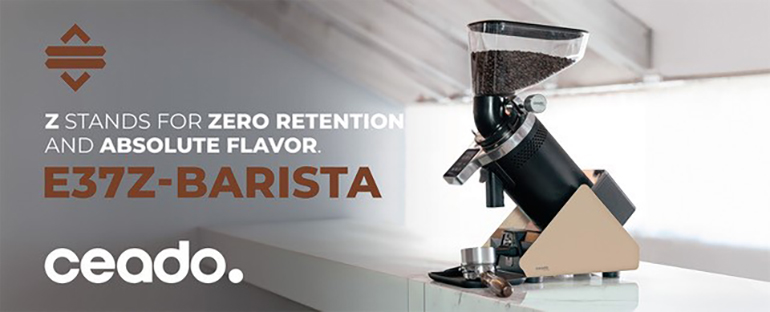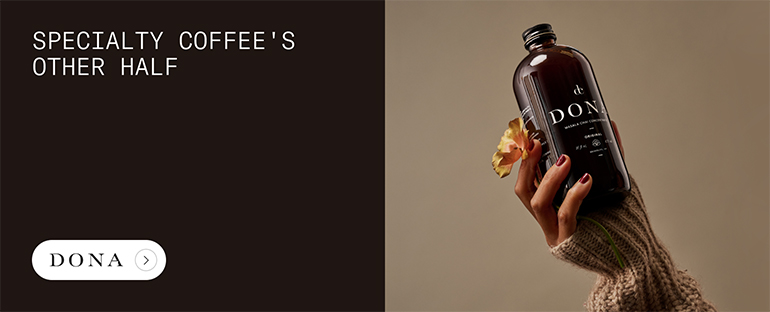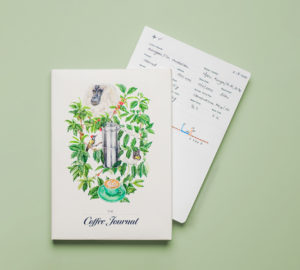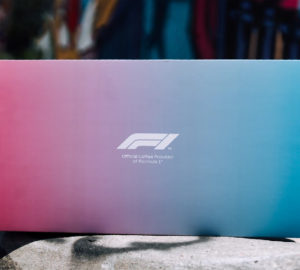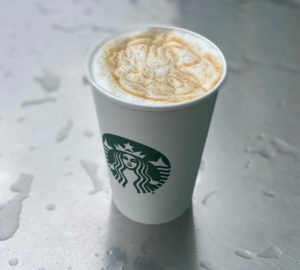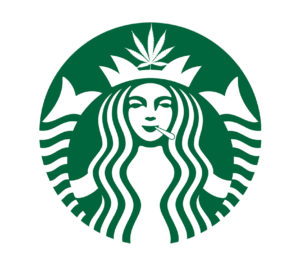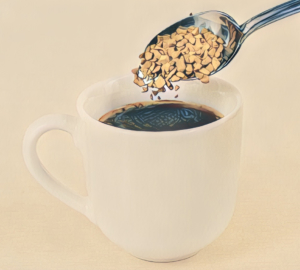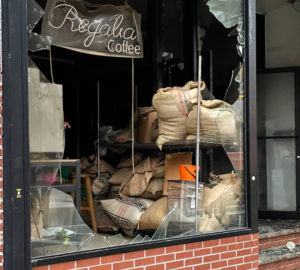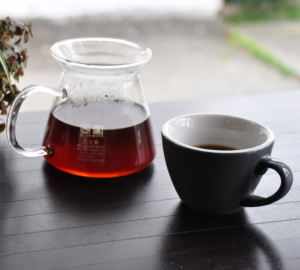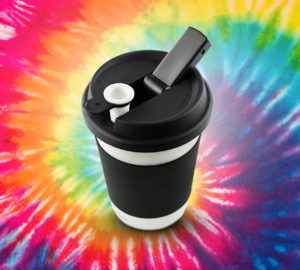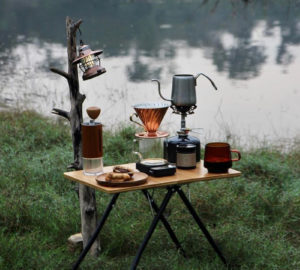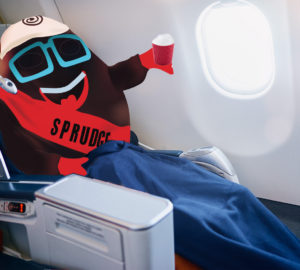
More like a test of my patience.
Australian cold press coffee liqueur Mr. Black will soon release a very limited quantity new spirit, and if you want any chance of getting your hands on a bottle, you’re going to have to “[successfully complete] a written coffee-comprehension examination.”
“A Test? What’s the big deal?” you may be saying to yourself. Well, the big deal is that this new spirit is using the Camilina Geisha from Auromar Estate in Panama, the winner of this year’s Best Natural Panama Geisha in the Best of Panama competition. And only six bottles will be made.
According to Imbibe.com, a bottle of the super-exclusive liqueur will cost you £115 ($142 USD), assuming you can pass muster the and prove that you can adequately “appreciate the flavours of the liquid inside.” The eight question exam is available online, and a print version will be in the December issue of Caffeine. All entries must be in by December 11th.

I get it. It’s clever marketing. But given that a lot of people see specialty coffee as pretentious, I’m not sure creating a literal barrier to entry is such a wise idea. And if you’re going to do go for this faux exclusivity, then you better own it and make the test difficult to pass. These questions aren’t exactly separating the wheat (or seed, as it were) from the chaff here.
But still, some folks may not know the answers to these questions, and I don’t believe that should limit their ability to acquire this new liqueur (only their willingness to spend £100+ should do that). So in this utilitarian spirit – and also because of my own petulance – I have included the answers below. Feel free to use them as your own. All I ask is that if you win, pour one out for your buddy Zac.*
Q1: 80
Q2: Africa
Q3: Ethiopia
Q4: Chlorogenic, Citric, Quinic
Q5: Floral, Jasmine, Bergamot
Q6: Thin and elongated
Q7: The stage in coffee roasting where the process switches from an endothermic to an exothermic reaction. The crack is referring to the sound the coffee can make during this stage, sometimes sounding like popcorn popping. It occurs around 400°F (205°C) and is caused by water trapped inside the seed expanding and turning into vapor.
Q8: Maillard reactions
*dispensing directly into one’s mouth sufficiently counts as “pouring one out.”
Zac Cadwalader is the news editor at Sprudge Media Network.
Top image via Central Digest













